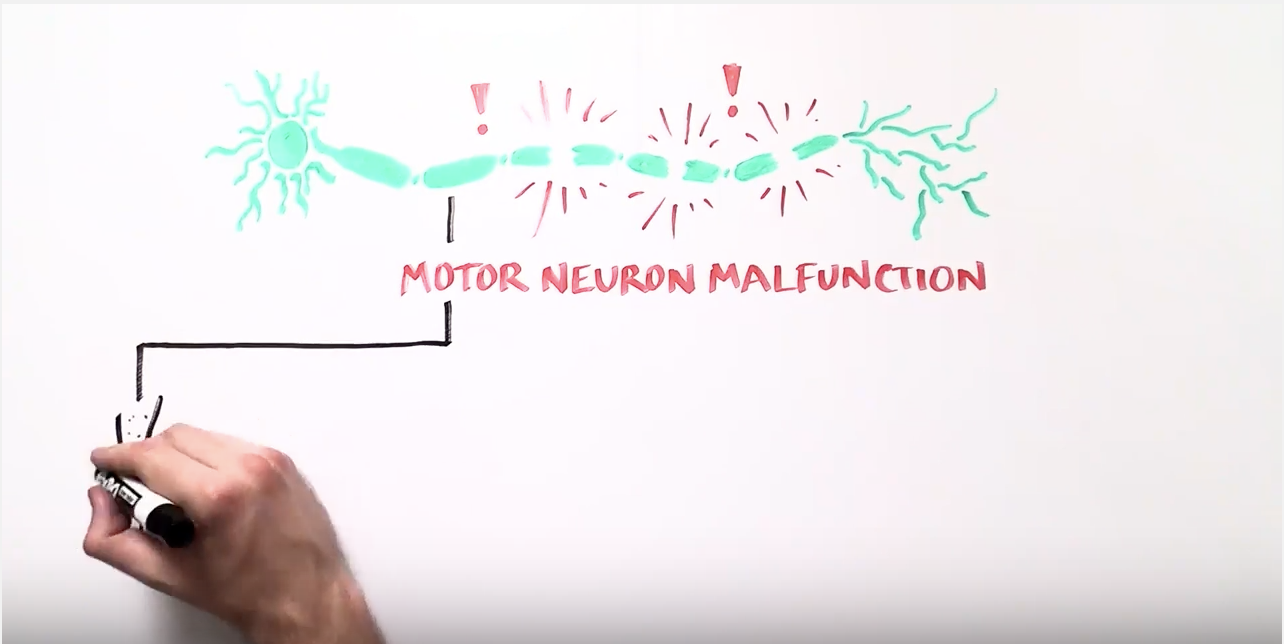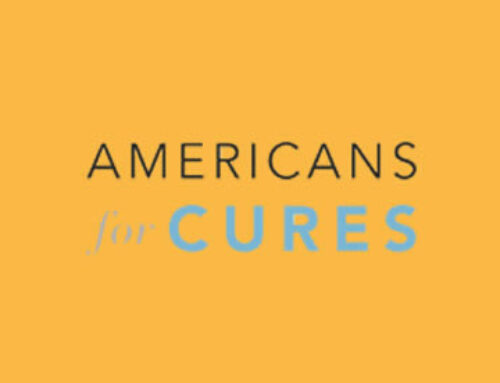Amyotrophic Lateral Sclerosis (ALS), also known as Lou Gehrig’s disease, is a neurodegenerative disease that destroys the nerve cells in the brain and spinal cord. As a result of ALS, the motor neurons that enable bodily movement and muscle control are harmed, which can make it difficult to move, speak, eat, and breathe. This condition usually affects people from age 40 to 70, but individuals in their 20s and 30s have also been known to develop ALS. Unfortunately there is no cure for this condition.
However, a study supported by CIRM and conducted by Dr. Martin Marsala at UC San Diego is using a mouse model to look at an approach that uses a gene silencer to protect motor neurons before or shortly after ALS symptoms start to develop.
The gene silencer works by turning off a targeted gene and is delivered via injection. In the case of ALS, previous research suggests that mutations in a gene called SOD1 may cause motor neuronal cell death, resulting in ALS. For this study, Dr. Marsala and his team injected the gene silencer at two sites in the spinal cord in adult mice expressing an ALS-causing mutation of the SOD1 gene. The mice injected did not yet display symptoms of ALS or had only begun showing symptoms.
In mice not yet showing ALS symptoms, they displayed normal neurological function with no onset ALS symptoms after treatment. Additionally, near complete protection of motor neurons and other cells was observed. In mice that had just began showing ALS symptoms, the injection blocked further disease progression as well as further harm to remaining motor neurons. Both of these groups of mice lived without negative side effects for the duration of the study.
In a news release, Dr. Marsala talks about what these results mean for the study of ALS.
“At present, this therapeutic approach provides the most potent therapy ever demonstrated in mouse models of mutated SOD1 gene-linked ALS.”
The next steps for this research would be to conduct additional safety studies with a larger animal model in order to determine an optimal, safe dose for the treatment.
The full results of this study were published in Nature Medicine.
In addition to supporting this research for ALS, CIRM has funded two clinical trials in the field as well. One of these trials is being conducted by BrainStorm Cell Therapeutics and the other trial is being by Cedars-Sinai Medical Center.






